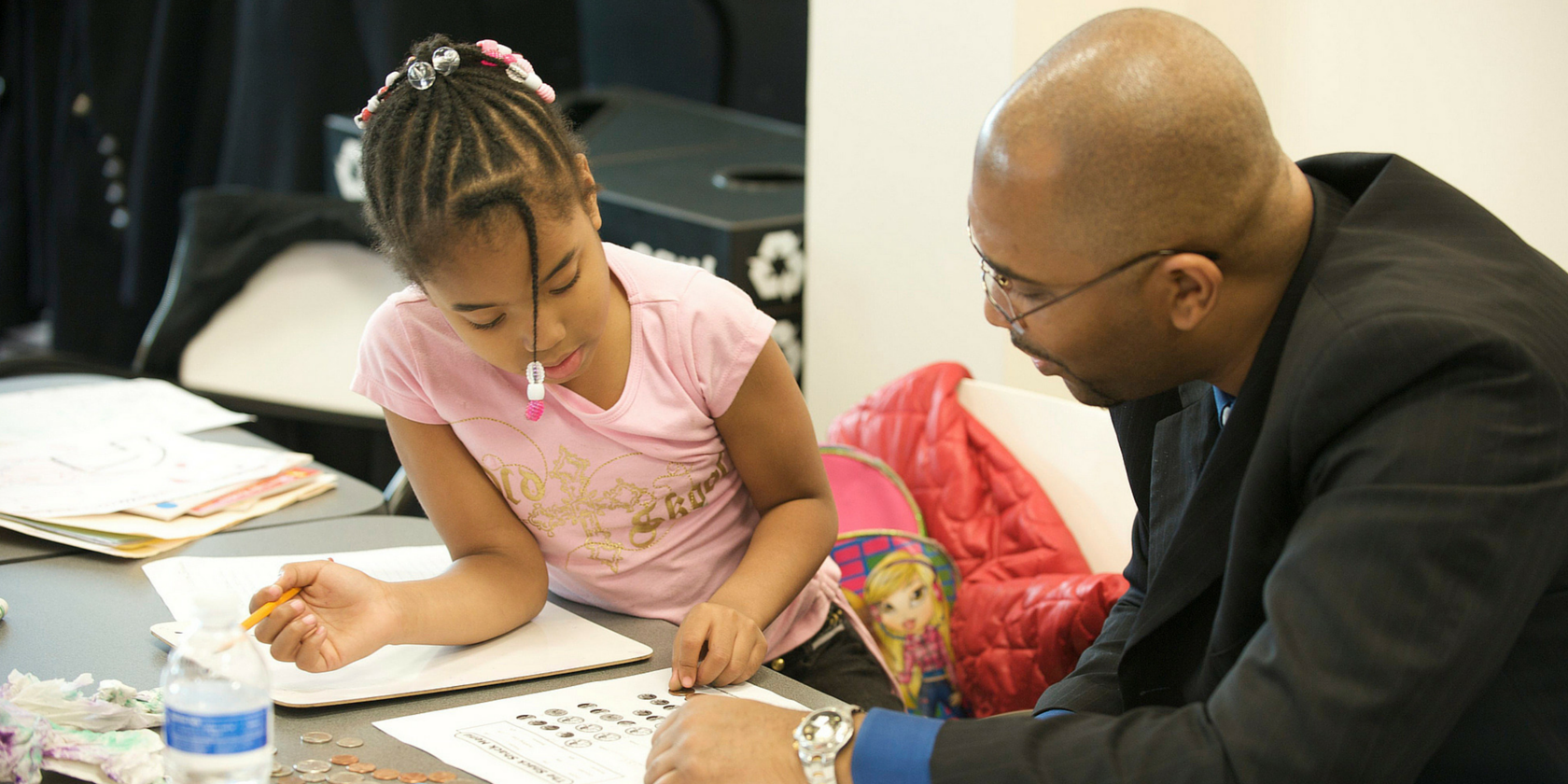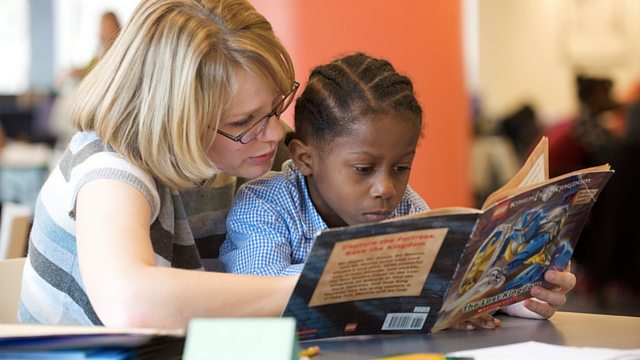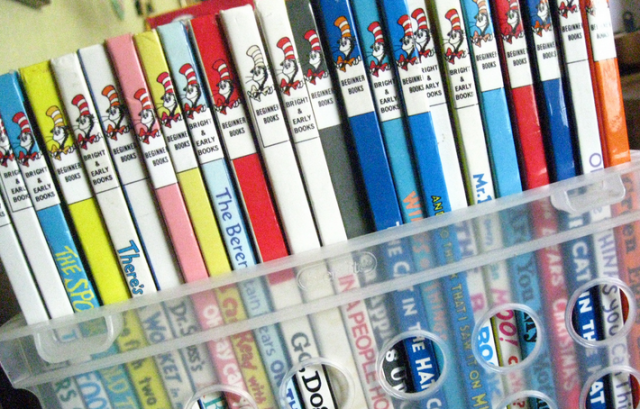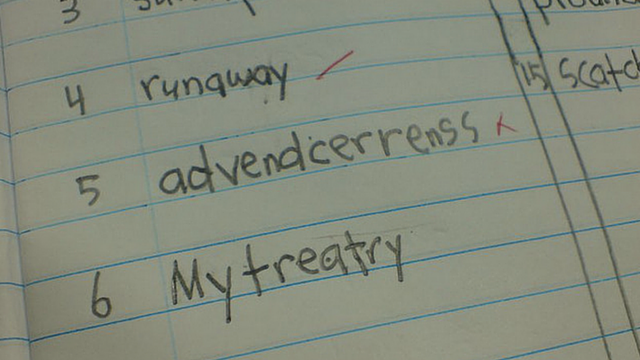When a child of any age is struggling to read, it can be incredibly stressful and worrying for both the parents and the child. These ideas and resources will hopefully help to aid your child across that reading plateau, so they can keep up with their classmates.
Learning to read (along with many other skills) at a young age is more than just a matter of academic excellence. It also heavily contributes to improved communication, logical thinking skills, and enhanced concentration. Therefore, using whatever online and offline resources at your disposal, along with ensuring your child's teachers are using resources that work [Broken URL Removed] is imperative.
Below are five strategies accompanied by a long list of resources and websites that will give you a great foundation for helping a struggling reader.
Use Interactive & Read-Aloud Stories
To help bring books to life, start making the most of interactive or read-aloud stories. If you're prepared to lend your phone or tablet to your child, there are some incredible interactive books including Nighty Night (iPad) and Even Monsters Get Sick (Android), among many other interactive reading resources.
These books use touch screen technology to bring the child into the story, adding a more visual, sensory experience which is often what's missing when a child faces too many daunting pages of plain text staring right back at them.
Read-aloud books, on the other hand, are basically audio books for kids that can be accompanied by a more interactive app. For example, Penguin's Family ($2.99) on the iPad allows you to see each word highlighted as it's read aloud to your child. If there's a particular word they are struggling with, you can click on that word to repeat and enlarge the letters.
Useful Links
- Read-Aloud books (iPad)
- 12 Wonderful, Interactive Children's Books for iPad and iPhone
Introduce Games into Reading
Making reading fun by associating it with games is a fantastic way to encourage your child to read more, and to improve their vocabulary.
The games that are suitable will obviously be linked to the age of your child, so a quick search for "reading games for grade 3", for instance, will bring up plenty of options. PBSKids and LearningToday both have a lengthy selection of games for younger children to play online. For teenagers, wordplay puzzles can also help.
Useful Links
- Android Reading Games
- More Online Reading Games For Kids
- 4 Tips To Make Reading Fun With Technology
- 9 Great Learn-to-Read Apps for Kids (iPad)
Read Hi-Lo Books
"High Interest, Low Vocabulary/Readability" (Hi-Lo) books have been designed to be fun to read, while only using vocabulary that's easy to understand. This means that if you have a 13 year old who's struggling to read at their expected grade level, you don't have to potentially humiliate and demotivate them by making them read at a lower grade.
These kinds of books have a rapid plot and are written to cover topics that are relevant to specific age groups (including adults). For example, some books are written "at reading levels between grades 3 and 4, but the interest level of the book would appeal to children in grades 6 through 10" (Okanagan Regional Library). Many of these stories are also available on Amazon Kindle.
Useful Links
- Hi-Lo Books for Middle Grades
- Book Suggestions for Various Grades
- High Noon Books (highly recommended Hi-Lo publishing company)
- Hi-Lo Books for Upper Elementary Grades [Broken Link Removed]
- Guided Reading Level Chart
Let Your Child Choose the Book
A reluctant or struggling reader may simply be bored with the books they're given, and therefore lack any motivation to read. Talk with your child to find out about the kind of books that would interest them, and let them choose their next read. This could end up being a comic, an online kid's magazine, a graphic novel, a book their friends are talking about, a non-fiction book, or perhaps just an entirely new genre. It might even be that a book with few images is too daunting, so finding those with more pictures could help.
Any form of reading contributes to overall reading competence, but finding reading material which is genuinely fun for a struggling reader to complete from beginning to end is hugely important to build confidence and proficiency. Spend some time browsing the shelves at a book store, library or on Amazon. If your child really wants to read a book that is beyond their ability, offer to read it aloud together.
Useful Links
- 100 Top Books for Kids
- 10 Websites for Reading Children's Stories Online
- A Short Guide to Choosing Great Books for Children of All Ages
- "Was This Book Right for Me?" Worksheet
Have Your Child Assessed
If you continue to be worried about your child's struggle with reading, you should check if they have dyslexia. According to WebMD,
"The brains of people with dyslexia are wired differently. This difference makes it difficult to break the letters of written words into the distinct sounds (or phonemes) of their language"
There are plenty of other symptoms too. This different wiring, however, has no correlation to intellectual ability, and often points toward increased creativity and a preference for hands-on, visual learning.
A free, online screening for Dyslexia can be found on Lexerxise, though this only shows whether a child's struggle may be dyslexia. The next step is to have an official assessment, which you should be able to organize by speaking with the relevant person at your child's school. If the diagnosis is positive, then you will be given plenty of advice on how to help your child, and hopefully the resources to help them improve their reading ability.
Useful Links
- Overcoming Dyslexia (book)
- Strategies for Summer Reading for Children with Dyslexia
- Clues to Dyslexia from Second Grade On
What Else Works?
Helping a struggling reader to keep up with their peers as far as possible is incredibly important as a child gets older. Having a selection of resources and strategies up your sleeve to help with any reading and literacy problems that may come about will be a great help, and could contribute to saving your child years of struggle.
What else have you tried that's worked for your child? Are there any other resources you can point to for teachers and parent who support struggling readers?
Image Credits: SAD_Hortons_Kids 107 by US Department of Education (Flickr), student_ipad_school - 030 by Brad Flickinger (Flickr) SAD_Hortons_Kids 104 bt US Department of Education (Flickr), Dr. Seuss collection by EveylyGiggles (Flickr), Spelling Test by Elginwx (Flickr)





